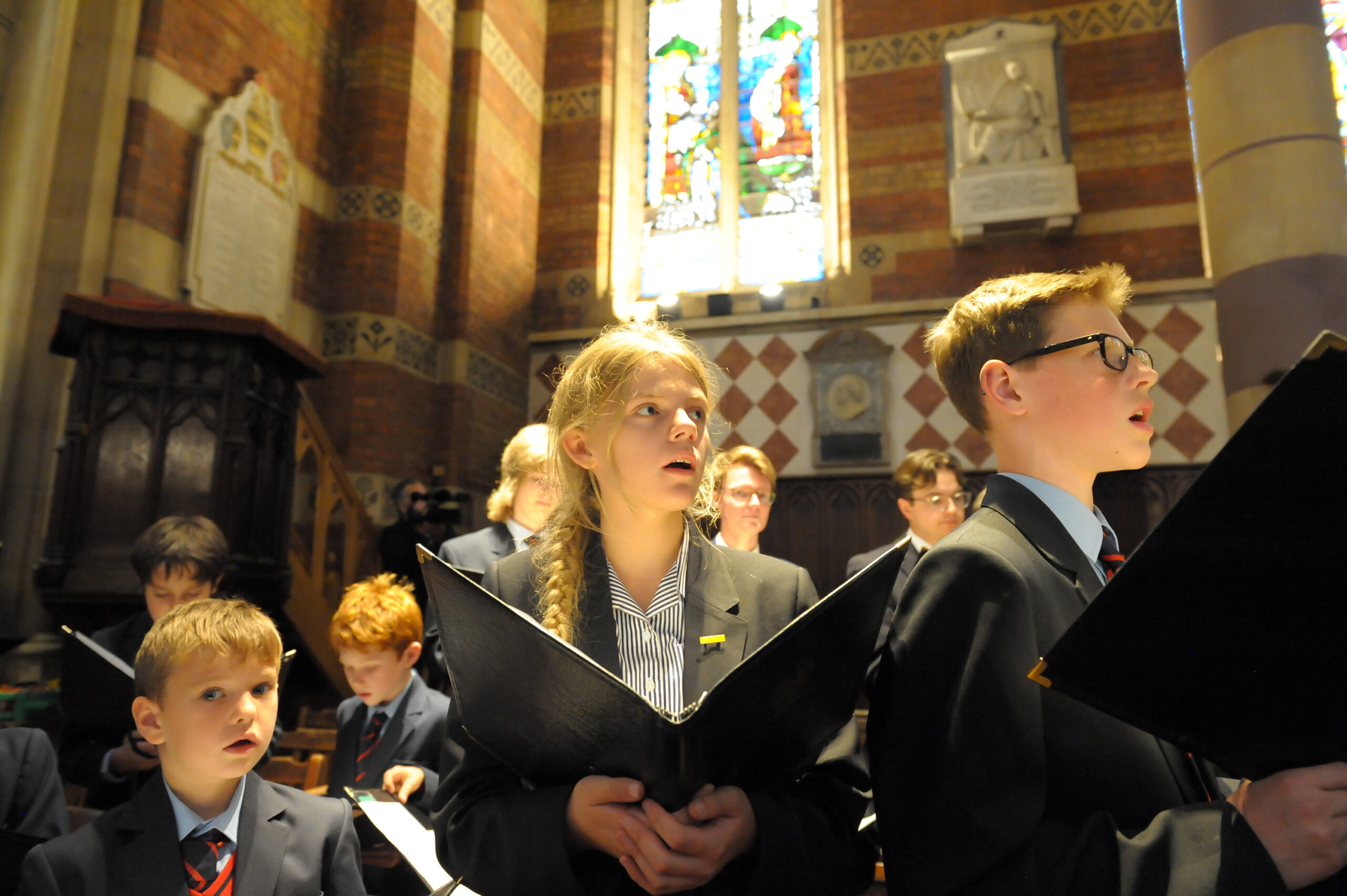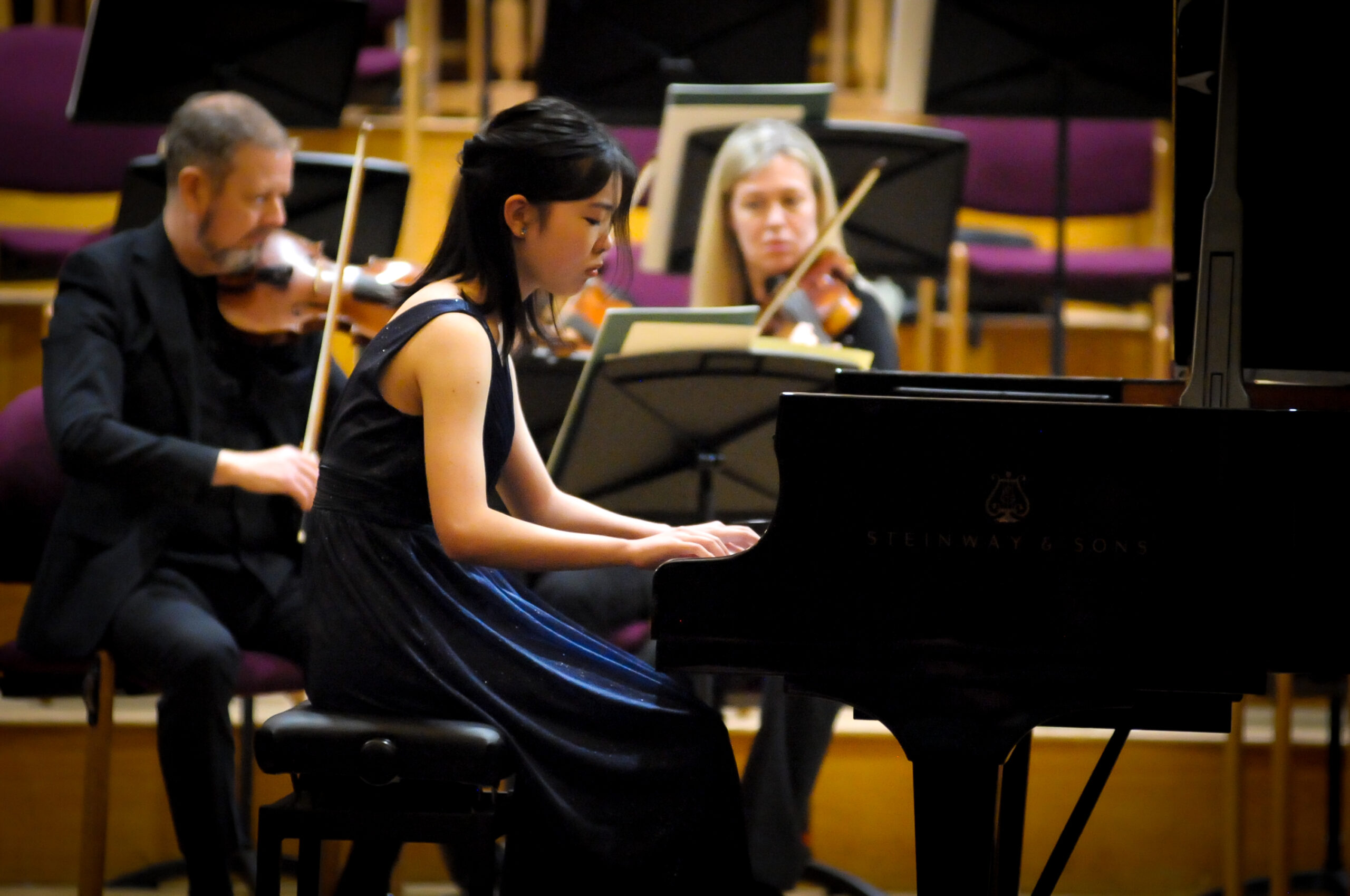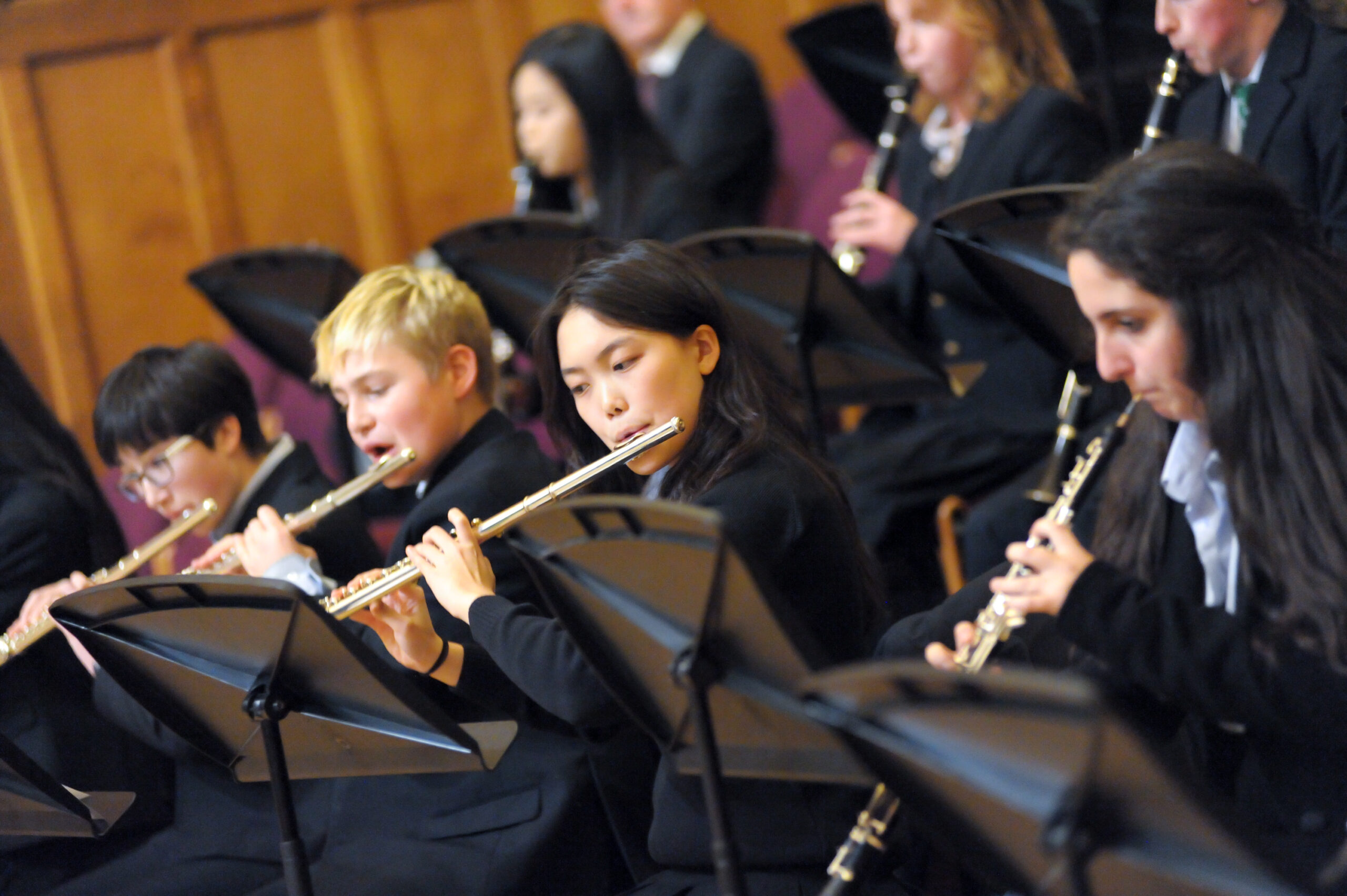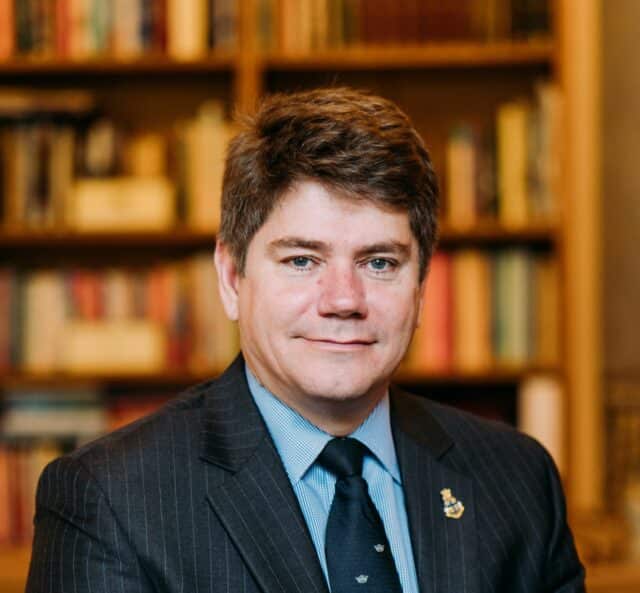Blog
The joy – and so much more – of music

Peter Green
Headmaster, Rugby School
Read the blog
What we see at Rugby is that once a student becomes good at one thing and enjoys doing it, they soon become good at something else. And then something else again. This is usually a surprise to them, a pleasant surprise, and is not only a huge boost to their confidence but often the gateway to a new set of friends. A habit is formed of doing things well, of being good at life.
One aspect of this is participation, whether it’s playing a team sport or helping in the school play or, particularly powerful, studying and performing music. We are a very musical school, with around 500 individual lessons a week – instrumental, vocal and theory. (There has been a recent increase in the number of girls playing the bagpipes. As a Scot, I am delighted by this.) This means nearly all our students have music in their curriculum and some are attending two or three classes weekly. And roughly 120 music performances are staged every year.
Music is also an important part of our work in the local community with our students playing together or singing in local churches and working in partnership with local primary schools as part of our ‘See it, sing it!’ and ‘Hands on brass’ programmes.

Rugby Choristers at Bilton Grange
We were delighted last year to announce the establishment of the Rugby Choristers at Bilton Grange* – the first prep school to start its own new independent chorister programme for girls and boys. The first cohort, from Years 3 to 8, started in September 2022 and have already sung at their first Evensong in Rugby School’s chapel. A Chorister Experience Day is taking place in November for next year’s intake, to be followed by auditions. No previous experience is necessary – the girls and boys just need to love singing and be enthusiastic about singing together.
Choristers learn significant skills beyond music-making – patience and respect, self-discipline and organisation; they acquire the ability to listen carefully and follow detailed instructions, all of which contribute to their academic performance. I think this also applies to anyone involved in musical performance where concentration and memory are so important and it is crucial to be aware of everyone around you.

Concerto Concert at Rugby School
To me, a choir is an affirmation of shared humanity, spiritual solace and joy, and several times a week I see that experience on the faces of our own singers. You also see that joy – and concentration – on the faces of the children playing in any of our orchestras. They feel a sense of responsibility to themselves, to each other, to their teachers and to their audiences. They know that whether they are playing a tricky violin solo, or striking a drum or tinkling a cymbal just once, they are making an important contribution to a performance.

Winter Concert at Rugby School
I believe that music should be part of the curriculum, not only because of the thrill of mastering a musical instrument and experiencing the powerful eloquence of music. But also because research** has proved that studying music, at any level, helps the development of cognitive and social skills – a dry way of saying that it has a significant impact on motivation, emotional maturity and intellectual engagement. All part of character development.
*Bilton Grange Prep School is part of Rugby School Group
**Goldsmiths, University of London, 2017


